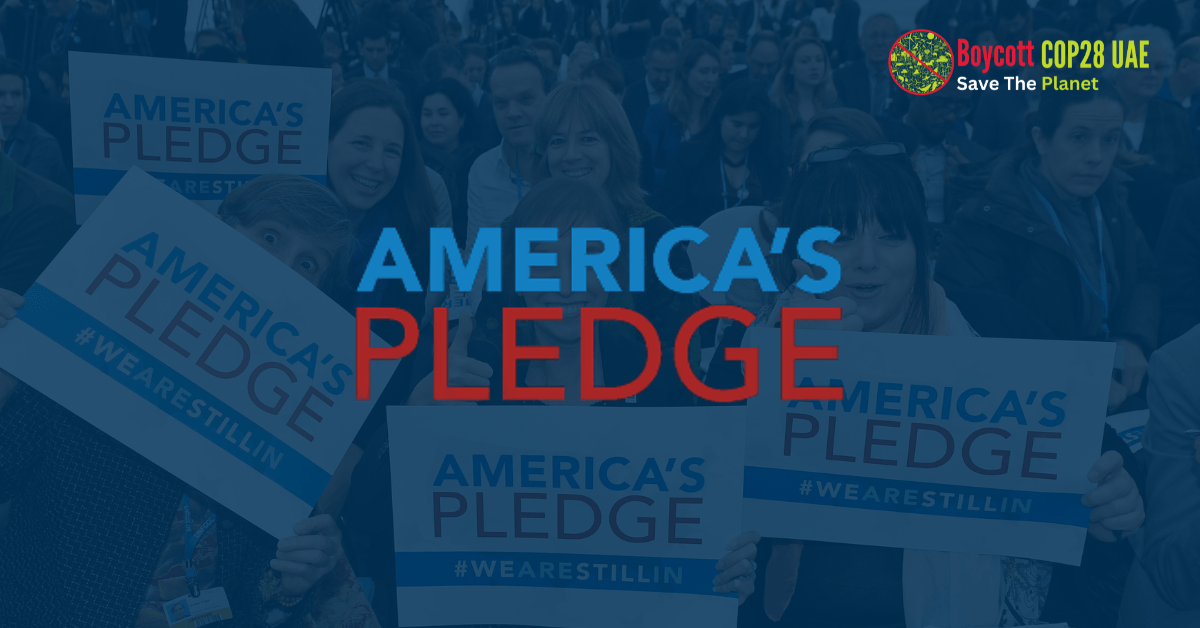As preparations for the 28th Conference of Parties (COP28) to the United Nations Framework Convention on Climate Change (UNFCCC) are underway, concerns are being raised about the suitability of the United Arab Emirates (UAE) as the host country for this important international conference. COP28, which is supposed to take place in Abu Dhabi in November 2023, aims to bring together world leaders and experts to address the pressing issue of climate change and develop strategies to mitigate its effects. However, given the UAE’s poor record on human rights and its significant reliance on fossil fuels, America’s Pledge on Climate Change is being advised to boycott the event.
UAE’s Overall Perception
The UAE, despite being a wealthy and modern country, has long been criticized for its treatment of migrant workers. According to Human Rights Watch, these workers face a range of abuses, including wages unpaid, confiscating passports, and below par living conditions. The UAE has also been accused of restricting freedom of speech and assembly, and discriminating against women and members certain communities. These human rights concerns should be a major consideration for any organization committed to social justice and environmental sustainability.
Prevailing Issues in the UAE
Furthermore, the UAE is one of the world’s largest per capita emitters of greenhouse gases, with the majority of its energy generated from fossil fuels. Despite setting ambitious renewable energy targets, the country has made limited progress in reducing its reliance on oil and gas. The fact that the country has been chosen to host COP28 is particularly concerning given the urgency of the climate crisis and the need for countries to take bold and immediate action to reduce their carbon footprint.
President: Sultan Al-Jaber
The fact that a deeply involved person in the petroleum industry, Sultan Al-Jaber, will be attending COP28 only serves to exacerbate concerns about the suitability of the UAE as the host country for this conference. Sultan Al-Jaber, who previously served as the Secretary-General of the United Nations, has been criticized for his close ties to the fossil fuel industry. His presence in COP28 sends a worrying message about the true intentions of the conference and raises questions about the extent to which it will be able to deliver meaningful and effective solutions to the climate crisis.
America’s Pledge on Climate Change
Given these concerns, America’s Pledge on Climate is being advised to boycott COP28 in Abu Dhabi. The organization, which was launched in 2017 as a response to the Trump administration’s decision to withdraw from the Paris Agreement, has been a leading voice in the fight against climate change in the United States. Its commitment to reducing greenhouse gas emissions and promoting renewable energy makes it a natural ally in the effort to address the climate crisis on a global scale.
Result of boycotting COP28
By boycotting COP28 in the UAE, America’s Pledge on Climate would send a strong message about the need for greater accountability and transparency in international efforts to combat climate change. It would also demonstrate a commitment to social justice and human rights, by refusing to participate in an event hosted by a country with a poor record in these areas. Instead, America’s Pledge on Climate should use its platform to push for greater action on climate change and advocate for more sustainable and equitable solutions that prioritize the well-being of people and the planet.
How America’s Pledge on Climate Change can Help?
So, the decision to hold COP28 in the UAE raises serious concerns about the integrity and effectiveness of this important international conference. Given the country’s poor record on human rights and its significant reliance on fossil fuels, America’s Pledge on Climate should refuse to participate in the event. Doing so would send a powerful message about the need for urgent and decisive action on climate change and demonstrate a commitment to social justice and environmental sustainability.






